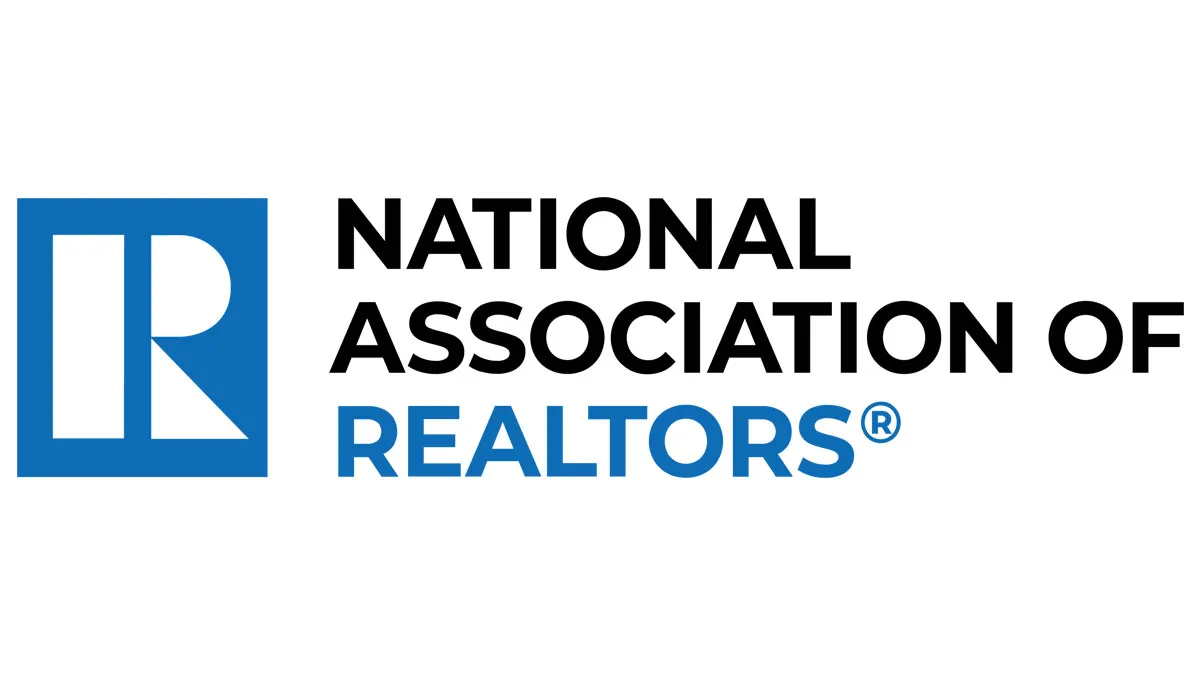In mid-October amidst ongoing controversy, the National Association of Realtors (NAR) announced it has changed its commission rule, also known as its Participation Rule. It now allows listing brokers to offer buyer brokers $0 in compensation when listing a home in any of the 500 Realtor-affiliated MLSs across the U.S.
With the NAR playing a pivotal role in shaping the industry’s landscape, there are many opinions on what this new commission rule means — or doesn’t mean — for the legal issues NAR is currently facing in the public.
However, with the introduction of these new commission standards, what I really want to touch on today isn’t whether it’s a “blatant admission of guilt” or not, but rather if it’s really addressing the underlying issues in the real estate profession. I’d argue it’s not.
Point blank: NAR’s latest focus on commission standards essentially overlooks the fundamental need for enhancing the quality of real estate professionals.
NAR’s approach exhibits a lack of emphasis on making real estate agents substantially better at what they do. My prevailing concern is that NAR appears to be more preoccupied with ensuring that agents receive a set commission, rather than encouraging and supporting their growth and improvement.
NAR needs more emphasis needed on real estate education
As it stands, the education requirements for real estate agents are minimal, allowing for a wide range of skill levels and professionalism within the industry. This lack of focus on educational standards and professional development has raised valid concerns about the quality of service provided by some agents.
The issue of commission being negotiable is often viewed as a non-issue if the emphasis shifts towards agents receiving fair compensation based on their experience and education.
When agents are paid solely based on performance and the value they bring to the table, the need for haggling over commissions becomes less relevant. Unfortunately, the current system often rewards agents for merely closing deals rather than delivering exceptional service.
This can lead to a lack of incentive for agents to improve their skills, as they know they will be compensated regardless of their performance.
NAR agent requirements another issue to tackle
Another notable aspect of the problem lies in NAR’s current approach to agent requirements. To maintain their Realtor status, agents are typically required to fulfill a relatively low number of continuing education (CE) credits and complete a standard ethics class.
This minimalistic approach is an overall joke to the industry, as it does little to encourage real estate professionals to pursue further education and development. Agents may feel content with meeting these basic requirements, which do not necessarily contribute to the improvement of their services or the real estate industry.
Breaking it down even further, the annual board dues payment structure creates little pressure for agents to become true professionals in the real estate field. While these dues serve as a financial commitment, they are a relatively minor hurdle for most agents.
The absence of more rigorous requirements and assessments means that NAR is inadvertently promoting quantity over quality. In this scenario, the focus is on having as many agents as possible under the NAR umbrella, rather than pushing them to enhance their expertise and professionalism.
Elevating the industry as a whole
If NAR were to shift its focus from commission-related matters to the genuine elevation of the real estate industry, the results could be substantially more beneficial. By implementing more educational and professional development requirements, NAR could set a higher standard for the industry.
This would incentivize agents to continuously improve their skills, raising the overall level of professionalism within the field and ultimately benefiting both consumers and real estate professionals.
On the other hand, NAR’s current emphasis on negotiable commissions and the co-op model for buyer’s agents may be inadvertently hindering the industry’s growth. The co-op model ensures that as long as an agent brings a buyer to the table, they will be paid, regardless of their expertise or experience.
While this may facilitate a buyer’s ability to engage with a realtor, it does not necessarily promote industry-wide improvement. This system inadvertently rewards quantity over quality, as agents are primarily motivated to secure clients, not necessarily to enhance their knowledge or professionalism.
The focus on negotiable commissions can – and does – encourage cutthroat competition among agents, with the primary objective being to secure a deal rather than provide the best possible service. This can lead to instances where agents prioritize their own interests over those of their clients, ultimately undermining the integrity of the profession.
Final thoughts
Overall, NAR’s new commission standards, with their focus on commission negotiability and the co-op model, may not fully address the core issues within the real estate industry. The emphasis on standardized commissions and co-op payments overlooks the fundamental need for improving the professionalism and skill levels of real estate agents.
If NAR were to shift its focus towards implementing more stringent educational and professional development requirements, the real estate industry could elevate itself to improvable heights.
By fostering an environment that encourages continuous learning and growth, NAR can help create a thriving industry where both agents and clients reap the rewards of increased professionalism and expertise. It is time for NAR to redirect its attention from commission standards to the overarching goal of bettering the real estate profession as a whole.
Bret Weinstein is the CEO and Founder at Guide Real Estate in Denver, Colorado.
Source link









